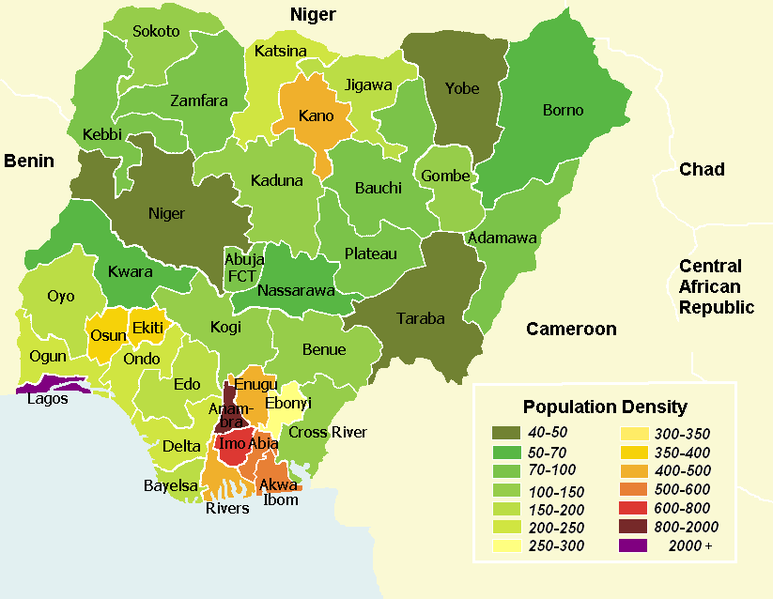Malthus was not arguing in a vacuum. He was responding to William Godwin’s proposal to overthrow basic social institutions like private property and the family. In a free love-fest where no one is responsible for the offspring resultant from their passions, Malthus argued, population growth would run amok. If individuals don’t bear the cost of procreation, they will procreate too much. If they do bear costs of offspring, “preventative checks” such as birth control and delayed marriage will make
 population self-regulating. In his own words: “Impelled to the increase of his species by an equally powerful instinct, reason interrupts his career, and asks him whether he may not bring beings into the world, for whom he cannot provide the means of subsistence.” An Essay on the Principle of Population, Chapter II). Reproductive choices respond to incentives. The laws of economics are more powerful than the laws of attraction. …
population self-regulating. In his own words: “Impelled to the increase of his species by an equally powerful instinct, reason interrupts his career, and asks him whether he may not bring beings into the world, for whom he cannot provide the means of subsistence.” An Essay on the Principle of Population, Chapter II). Reproductive choices respond to incentives. The laws of economics are more powerful than the laws of attraction. …A top-down perspective on population that treats individuals like mindless lemmings will panic: “Unless we reduce the human population humanely through family planning, nature will do it for us through violence, epidemics or starvation.”
Malthus gets right what both his followers and his more technocratic critics get wrong: the institutions within which individuals make reproductive decisions matter. The way to increase GDP per capita is not to cut the denominator. And while today’s scare tactics (Mali is “really in for a Malthusian disaster,”) and recommendations to stop having babies are not as monstrous as those of yesteryear, we should be wary of those who would intrude on one of the most personal and sacred choices individuals confront – whether to have a child.
Update: I was highly entertained when I read the comment section from a Krugamn post last July defending himself against the accusation that his climate change advocacy makes him "Malthusian." He said, great, Malthus was right 58 of the last 60 centuries. Then the kicker:“We only think Malthus got it wrong because the two centuries he was wrong about were the two centuries that followed the publication of his work.”
The first comment came from someone thrilling to the name of mugwump:
Only an economist could say that with a straight face.
Shorter version: “Malthus was wrong because his theory had zero predictive ability”.
Economists always have an explanation (usually several competing explanations) for past events. They’re just lousy at predicting what’s going to happen.



